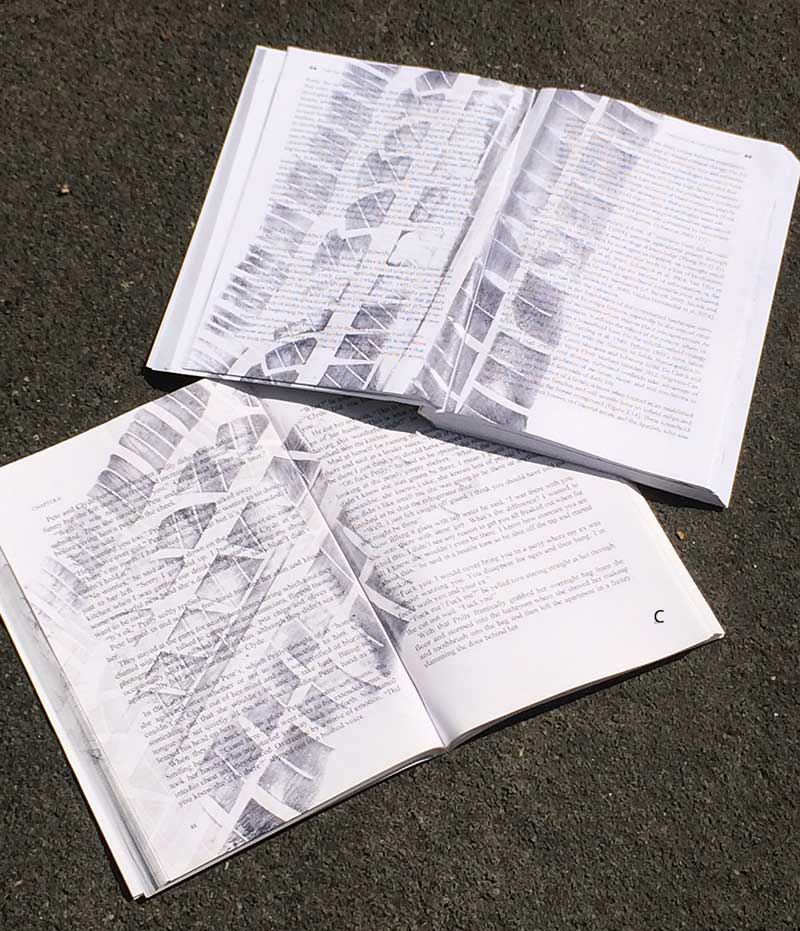


Mitch’s Blog
When Do I Start Writing?
Wednesday, December 14, 2016
Having worked with hundreds of academic authors as their editor and ersatz psychologist, the consistent response to that question has been the desire to wait until you’re “ready” to write. But that’s a mistake. You should have started writing yesterday. Well, given the nature of the space-time continuum, start today.
 I was puzzled when Harry Wolcott wrote in Writing Up Qualitative Research, “You cannot begin writing early enough…Write a preliminary draft of the study. Then begin the research.” But now I find the logic of it inescapable. You already know a lot about your topic. You’ve written an abstract of your article or a proposal for your book. That’s all part of your final text. You have ideas about your theoretical foundation, you have a clear sense about what methods you will use, you’ve already read some of the important literature on the topic and how it will influence your work. You may even have some hint of what conclusions your research might lead you to. Rather than keeping those in abstruse notes, write them down as text. And continue to write text as you proceed with the study: interview notes, summaries of important literature, careful descriptions of the methods you’ve used, reflections on theoretical ideas that are scrambling your brain. But don’t write them as scribbles or notes, put them into the form of text, each in its own little file. When you’re done, you may find your task as author will be to glue those pieces together and edit down your work rather than write it. It’s already largely written.
I was puzzled when Harry Wolcott wrote in Writing Up Qualitative Research, “You cannot begin writing early enough…Write a preliminary draft of the study. Then begin the research.” But now I find the logic of it inescapable. You already know a lot about your topic. You’ve written an abstract of your article or a proposal for your book. That’s all part of your final text. You have ideas about your theoretical foundation, you have a clear sense about what methods you will use, you’ve already read some of the important literature on the topic and how it will influence your work. You may even have some hint of what conclusions your research might lead you to. Rather than keeping those in abstruse notes, write them down as text. And continue to write text as you proceed with the study: interview notes, summaries of important literature, careful descriptions of the methods you’ve used, reflections on theoretical ideas that are scrambling your brain. But don’t write them as scribbles or notes, put them into the form of text, each in its own little file. When you’re done, you may find your task as author will be to glue those pieces together and edit down your work rather than write it. It’s already largely written.
You might protest that you don’t really know what you’re writing about that early. That you need clarity before you can “write up” your results. That’s not the way it works, according to the best academic writers around. Like Ron Pelias, emeritus professor of performance:
 “Writers come to realize what they believe in the process of writing, in the act of finding the language that crystallizes their thoughts and sentiments. It is a process of “writing into” rather than “writing up” a subject. When writing up a subject, writers know what they wish to say before the composition process begins. When writing into a subject, writers discover what they know through writing.” (from the 4th edition of the Handbook of Qualitative Research)
“Writers come to realize what they believe in the process of writing, in the act of finding the language that crystallizes their thoughts and sentiments. It is a process of “writing into” rather than “writing up” a subject. When writing up a subject, writers know what they wish to say before the composition process begins. When writing into a subject, writers discover what they know through writing.” (from the 4th edition of the Handbook of Qualitative Research)
Even world-renowned writers like Margaret Atwood experience this process of writing as inquiry:
“For me the experience of writing is really an experience of losing control.… I think it’s very much like dreaming or like surfing. You go out there and wait for a wave, and when it comes it takes you somewhere and you don’t know where it’ll go.”
The sooner you start writing, the sooner you will understand what you’re writing about. So go offline and start. Now.
--Adapted from my Essentials of Publishing Qualitative Research (Routledge, originally Left Coast). Available here
Back to Scholarly Roadkill Blog
Scholarly Roadside Service
ABOUT
Who We Are
What We Do
SERVICES
Help Getting Your Book Published
Help Getting Published in Journals
Help with Your Academic Writing
Help Scholarly Organizations Who Publish
Help Your Professional Development Through Workshops
Help Academic Organizations with Program Development
CLIENTS
List of Clients
What They Say About Us
RESOURCES
Online Help
Important Links
Fun Stuff About Academic Life


